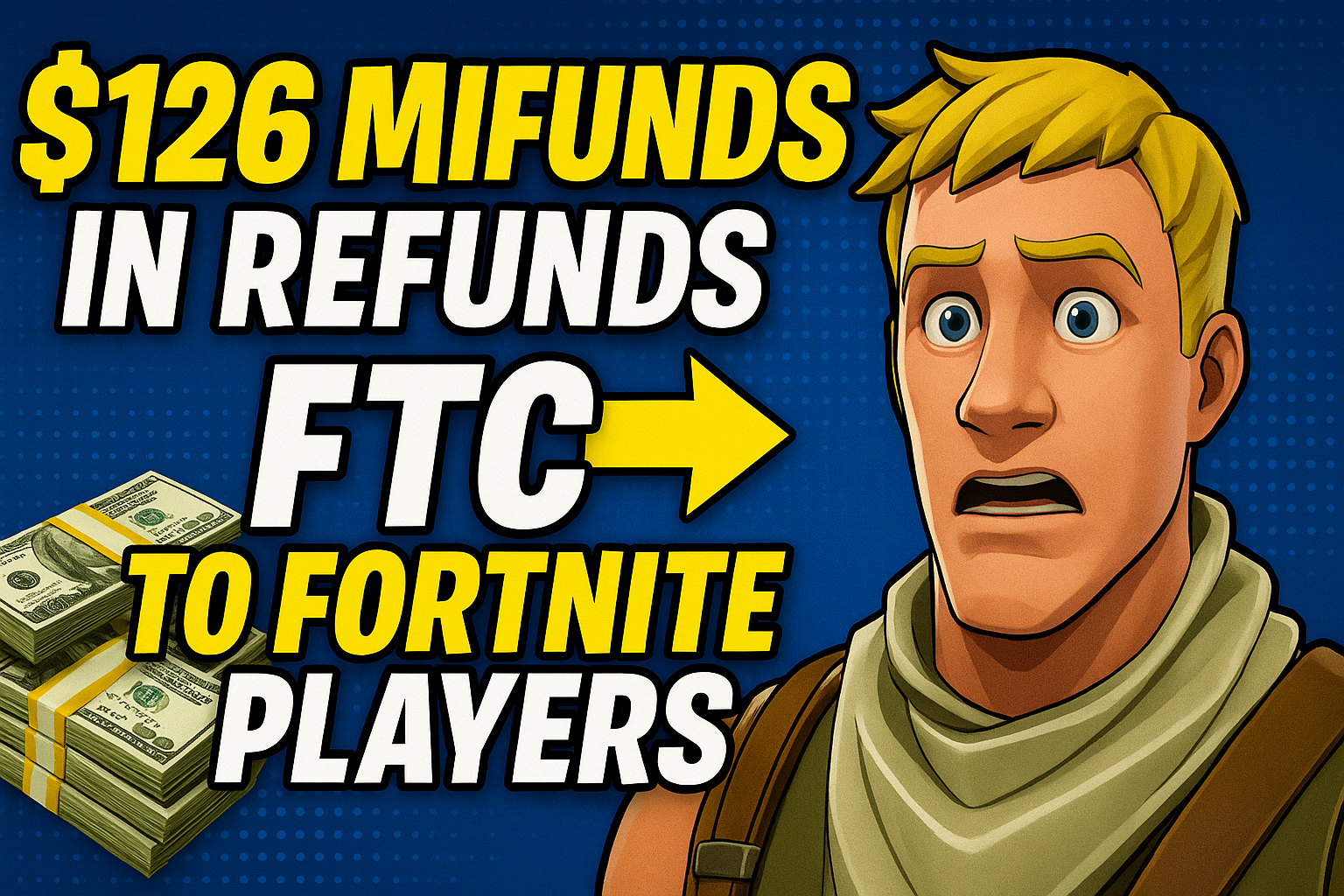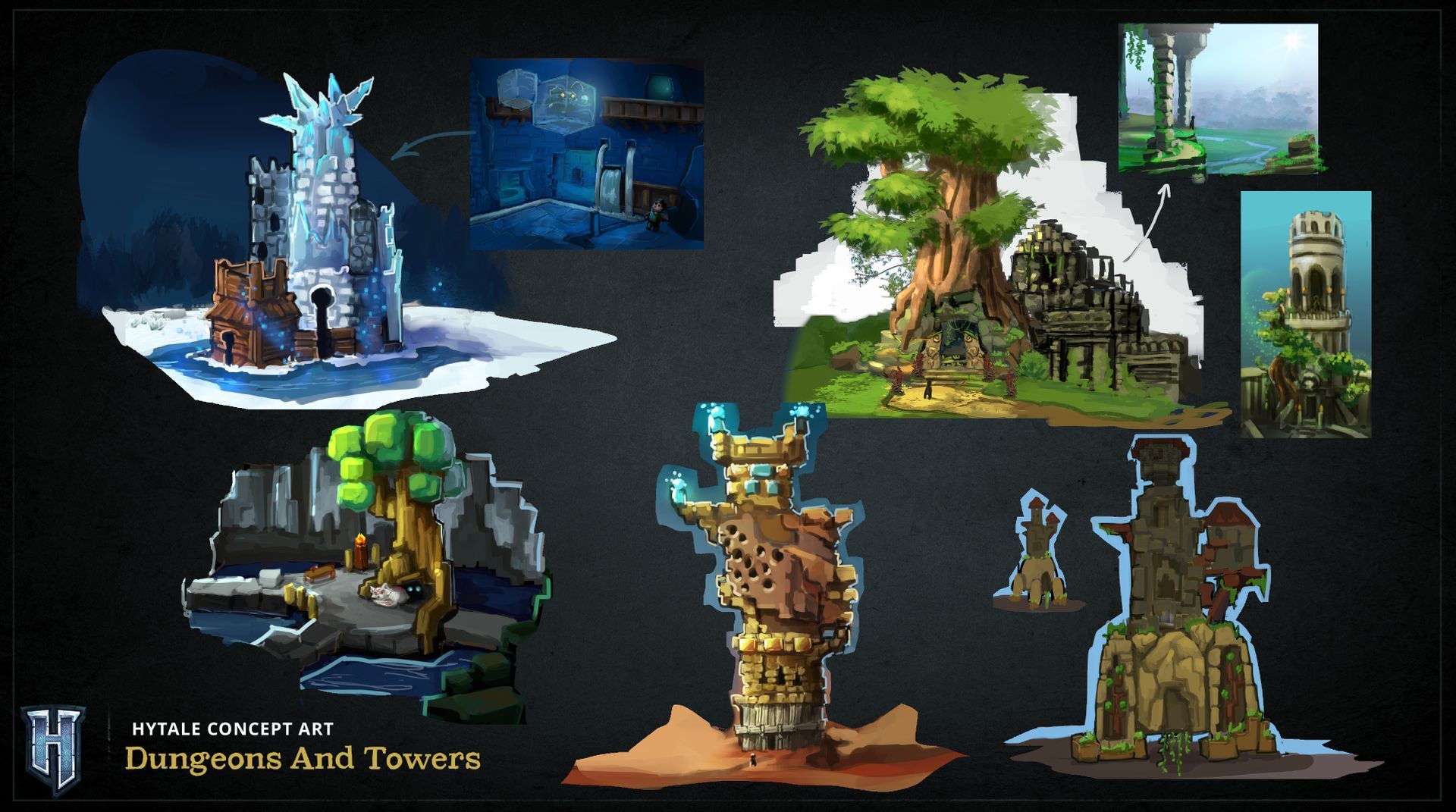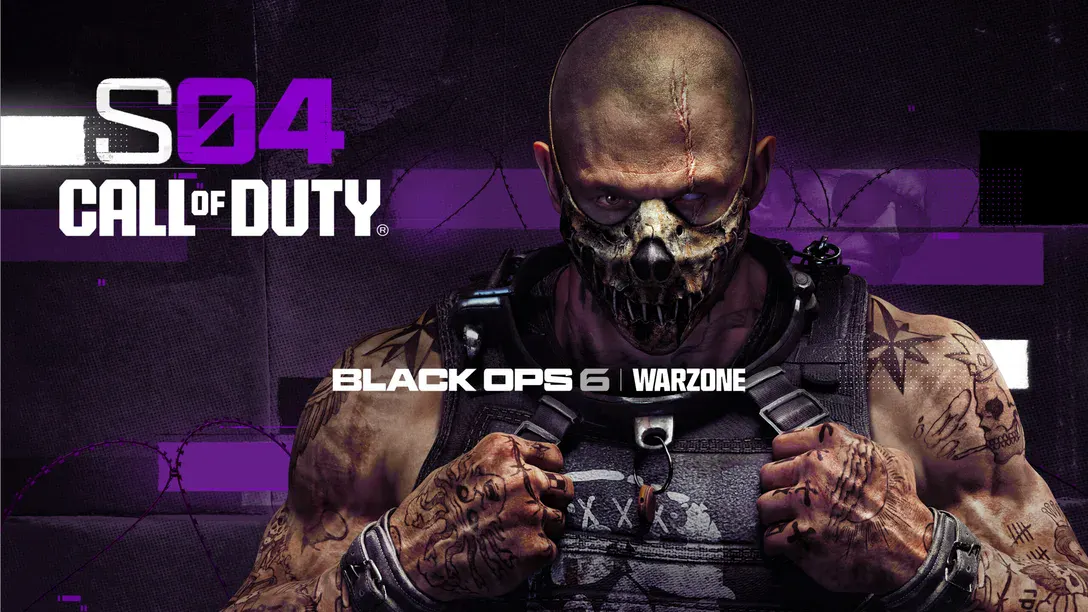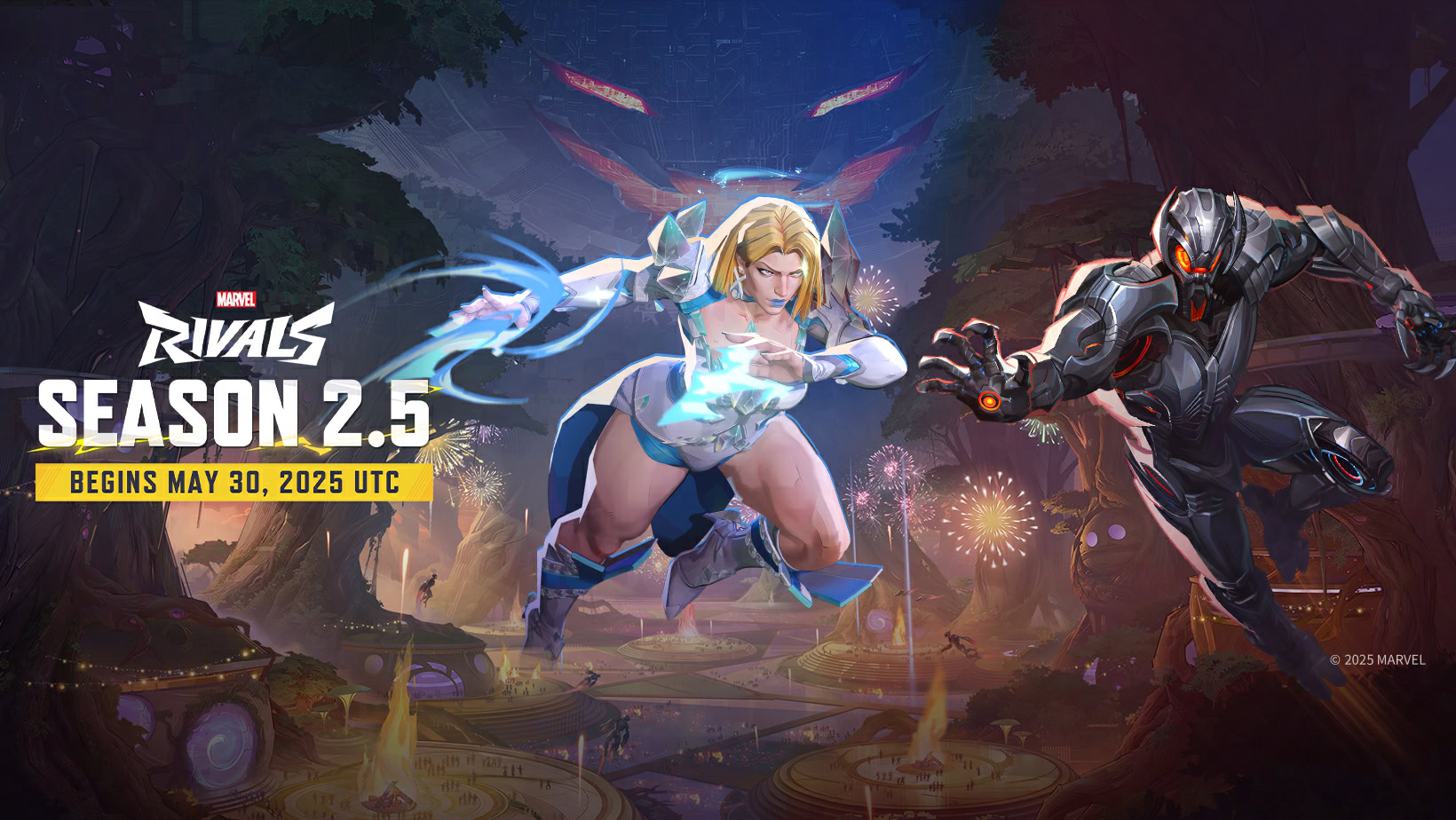What Does XP Mean in Gaming? Understanding Experience Points and Why They Matter
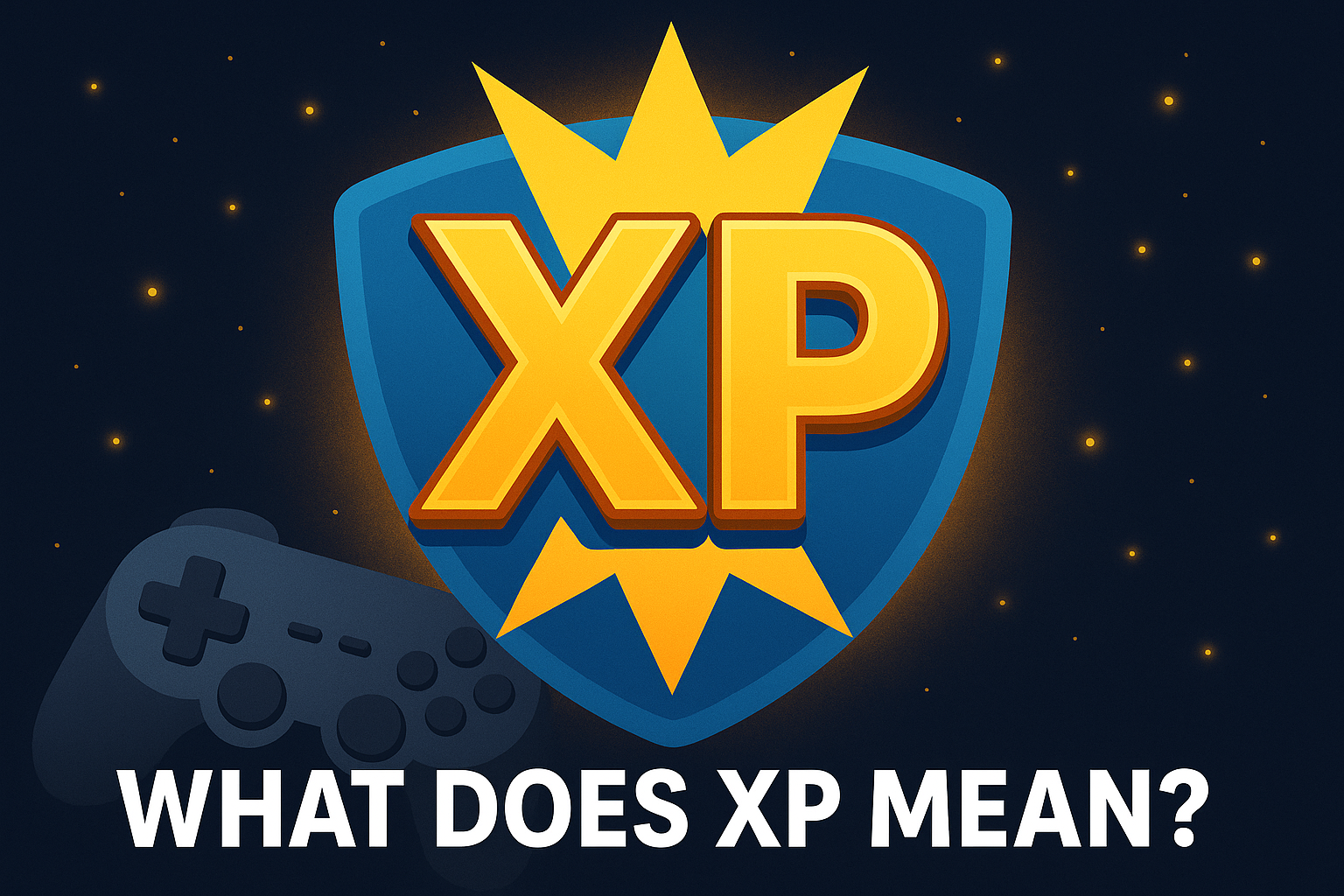
Whether you’re new to gaming or just curious about some of the lingo you keep hearing, one term you’ll see almost everywhere is XP. It’s short for experience points—but it means a lot more than just a number on your screen.
In this guide, we’ll explain what XP means, how it works in different types of games, and why it’s such a core part of how modern video games are designed.
What Does XP Stand For?
XP stands for eXperience Points in video game terminology.
At its core, XP is a numerical representation of progress. It’s how games track your development—whether you’re leveling up a character, unlocking skills, or just showing how far you’ve come.
In role-playing games (RPGs), multiplayer shooters, and even casual mobile games, XP is everywhere.
TL;DR: XP = Experience Points. You earn it by playing the game, and it helps you level up.
How Does XP Work in Games?
XP works on a simple principle: Reward the player for their actions.
Here’s a typical progression loop:
- Complete a task (e.g., defeat an enemy, finish a quest, craft an item).
- Earn a set amount of XP.
- Accumulate enough XP to hit a milestone.
- Level up or unlock new content.
Each level usually requires more XP than the last, creating a curve that makes progress feel increasingly rewarding.
Why Do Games Use XP?
XP isn’t just a background number—it’s one of the main feedback systems games use to keep players engaged.
Here’s why XP systems work:
- Positive reinforcement: XP gives instant feedback for progress.
- Goal-setting: You always have a next level or milestone in sight.
- Reward loop: XP feeds into leveling up, which unlocks more abilities, which leads to more XP opportunities.
It’s designed to feel like growth, and that makes players more likely to stick around.
XP Systems in Different Genres
XP works differently across genres, but the core idea remains: reward and progression. Let’s break it down by game type.
Role-Playing Games (RPGs)
- Examples: The Witcher 3, Final Fantasy XVI, Baldur’s Gate 3
- XP is earned through quests, combat, and exploration.
- Used to level up characters, unlock new skills, or progress through a story.
First-Person Shooters (FPS)
- Examples: Call of Duty, Apex Legends, Battlefield
- XP is tied to match performance—kills, assists, objective completion.
- Often unlocks cosmetic gear, new weapons, or skill trees.
Massively Multiplayer Online Games (MMORPGs)
- Examples: World of Warcraft, Final Fantasy XIV
- XP is central to character progression.
- Often includes group mechanics—XP from raids, parties, or PvP events.
Mobile & Casual Games
- Examples: Clash of Clans, Candy Crush
- XP may unlock new levels or abilities over time.
- Often combined with microtransactions or daily log-in bonuses.
XP vs. Level: What’s the Difference?
A lot of players use the terms interchangeably, but here’s the difference:
- XP is what you earn.
- Level is what you achieve once you’ve earned enough XP.
XP is the fuel. Level is the milestone.
Example: You earn 500 XP for a mission. After 1,000 total XP, you go from Level 2 to Level 3.
Types of XP Systems
Not every game uses XP in the same way. Here are some system variations you’ll come across:
1. Traditional Linear XP
- Same amount of XP per level, steady progression.
- Example: Older Pokémon titles
2. Exponential XP Curves
- Each level requires more XP than the last.
- Example: Skyrim, Runescape
3. Skill-Based XP
- XP tied to actions (e.g., use a sword, improve sword skill).
- Example: The Elder Scrolls series
4. Shared XP Systems
- XP is distributed across a party or account.
- Example: League of Legends, Diablo IV (seasonal progression)
5. XP as Currency
- XP spent on upgrades or abilities rather than automatic leveling.
- Example: Dark Souls, where dying risks losing XP
How XP Affects Player Behavior
Game designers use XP systems not just to reward, but to shape how players play.
Here’s how XP influences behavior:
| Mechanic | Player Impact |
|---|---|
| Bonus XP for stealth kills | Encourages stealth play |
| XP multipliers for combos | Promotes skillful combat |
| Daily XP missions | Increases daily engagement |
| XP caps | Prevents over-leveling or grinding abuse |
This kind of design isn’t accidental. It’s part of behavioral feedback loops built into modern game development.
XP in Competitive vs. Casual Games
In competitive games, XP often doesn’t affect core gameplay (for fairness) but unlocks cosmetics or ranks.
- Example: Valorant XP goes toward Battle Passes, not power.
In casual or single-player games, XP often has a direct effect on gameplay—like unlocking skills or increasing stats.
- Example: In Assassin’s Creed Valhalla, XP unlocks gear and combat abilities.
When Did XP Start in Gaming?
XP systems have been around since the earliest tabletop RPGs like Dungeons & Dragons in the 1970s. Early video games like Wizardry and Final Fantasy adopted the concept.
Since then, XP has evolved but remained central to the gaming experience.
TL;DR: What Does XP Mean in Gaming?
- XP stands for eXperience Points.
- It’s how games track your progress and reward actions.
- You earn XP by doing things in-game—fighting, exploring, completing objectives.
- XP helps you level up, unlock abilities, and move through the game.
- Different genres and titles use XP in unique ways, but the core idea is always progress.
Summary Checklist: XP Systems at a Glance
| Term | Meaning |
|---|---|
| XP | Experience Points earned through gameplay |
| Level | Milestone reached after earning enough XP |
| XP Curve | How much XP is required per level |
| Skill XP | Experience tied to specific actions or abilities |
| XP Cap | Max limit on XP gain per session or day |
| Battle Pass XP | Progress in seasonal reward tracks |
Final Thought
XP is one of the oldest and most reliable tools in game design—and it’s not going anywhere. Whether you’re a veteran player grinding for gear or a newcomer figuring out why a glowing bar just filled up after a battle, XP is the invisible hand that pushes the journey forward.
It turns play into progress. And that’s what makes games so rewarding.


